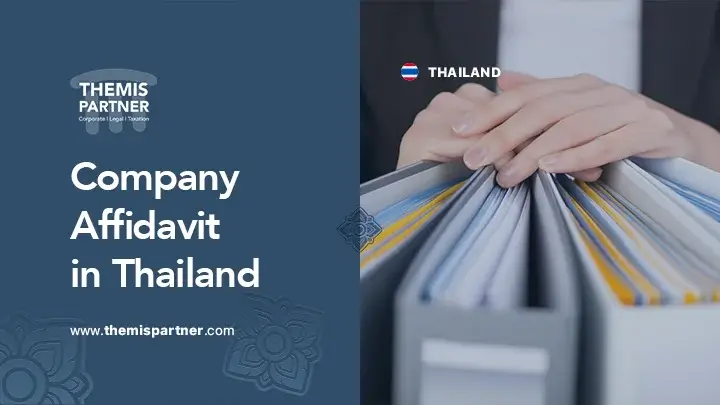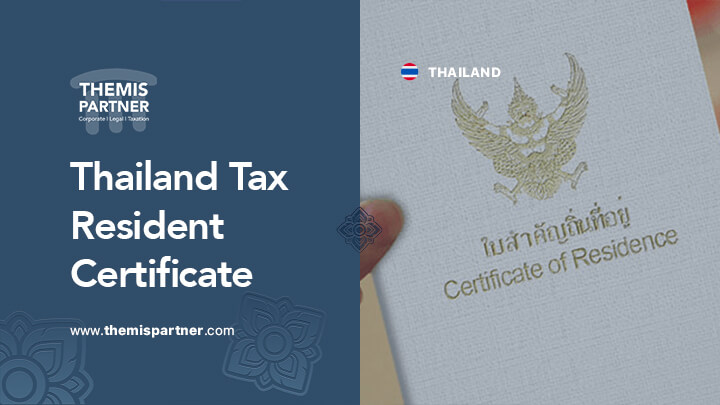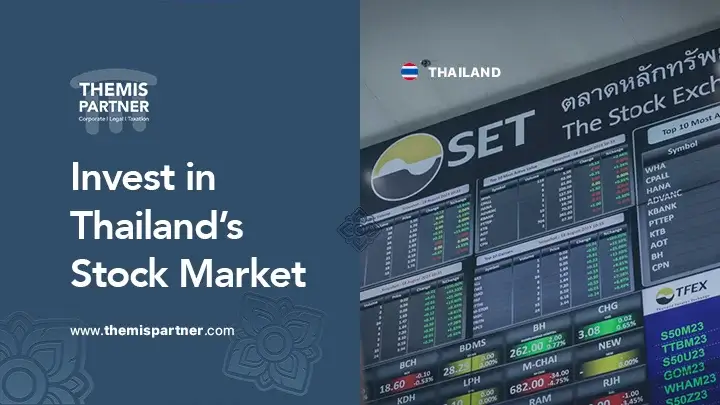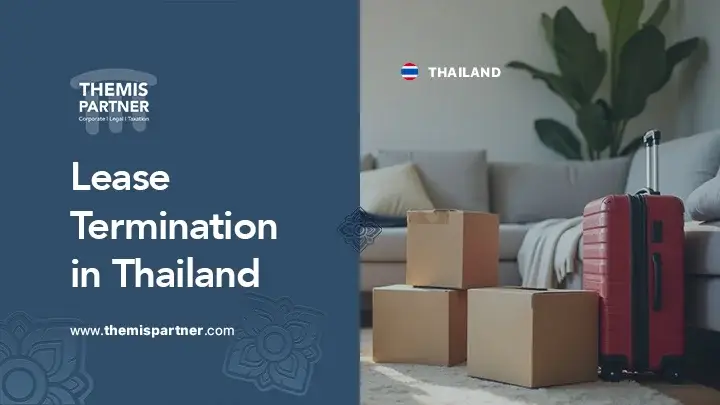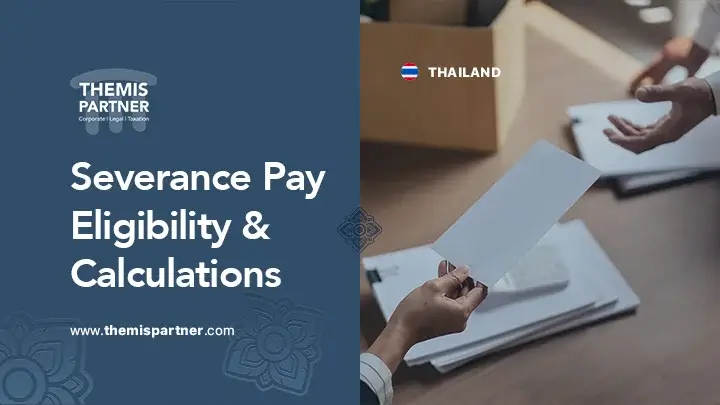However, there are various obstacles to start a medical company in Thailand. Under the Foreign Business Act of 1982, it is not permitted for a foreigner to own more than 49% of a Thai company. In addition, the regulations relating to visas and work permits apply in a way for foreigners who are required to obtain a visa to work in Thailand. Finally, and depending on the business activity, a company may be required to obtain different authorizations and licenses to start a medical company in Thailand.
In order to incorporate a company in Thailand, it is advisable at first to choose the most adapted structure and to reserve a name available at the Department of Business Development. It is then necessary to draft the articles of association of the company, to organize a meeting of the shareholders, to proceed to the registration of the company, to obtain a tax identification number and to proceed to the applications relating to the visas and work permits for the foreign directors or employees.
Apart from the application of the Thai law limiting foreign ownership, there are two ways for medical companies to overcome these obstacles:
In order to obtain BOI approval, it is necessary to verify that the medical activity carried out is eligible. Seven medical activities are eligible for BOI approval:
If the proposed activity is eligible, the BOI license application should be submitted online. After an initial evaluation and following the preliminary acceptance of the BOI officers, the company representatives or Directors will have to be present for an appointment with a BOI expert committee in order to make an oral presentation within 10 days of the application. After a period of 90 days, a new evaluation of the project will follow, which will lead to the obtaining or not of the BOI certificate.
Obtaining the BOI offers considerable tax advantages:
But also advantages other than fiscal:
In order to be allowed to start a medical company in Thailand, different licenses may be required.
In the case of a service business, such as the opening of a rehabilitation center or a nursing home, an application for a medical service business license must be made to the Department of Health Service Support.
In case of manufacturing activity, if the factory uses machines with a total of 50 or more horses, or employs 50 or more people, an application for a Factory license should be made to the Department of Industrial Works. If neither of these criteria are met, an application for a Business Establishment License should be made to the Local Administration Organization. If the factory is located in an industrial area, then an application for a Factory permission and incentives in the industrial estate should be made to the Industrial Estate Authority of Thailand.
In case of clinical research activity, it is necessary to apply for a Science laboratory capacity certificate from the Department of Medical Science.
Finally, according to the Thai Drug Act Be 2510 (AD 1967), before marketing medical equipment, pharmaceutical products or medical food, any company must obtain permission from the Food and Drug Administration (FDA).
Thailand enacted the Patent act in 1979, significantly amended in 1992 which protects inventions, pharmaceuticals and designs. Pharmaceutical products have the same protection criteria as other inventions. In order to obtain patent protection, the invention must be :
Are excluded from patentability:
Thailand ratified the Paris Convention for the Protection of Intellectual Property on August 2, 2008 and the Patent Cooperation Treaty (PCT) on September 24, 2009, which assists applicants in obtaining international patent protection, assists patent offices in their patent granting decisions, and facilitates public access to a wealth of technical information relating to such inventions. By filing a single international patent application under the PCT, applicants can seek protection for an invention simultaneously in many countries. Thanks to these conventions and Thailand’s membership in the World Trade Organization, foreigners from signatory countries are guaranteed the same patent protection as Thais.
The Foreign Working Act of 2008 requires all foreigners wishing to work in Thailand to obtain a work permit in advance. This permit must describe specifically the activities that he is allowed or not to perform.
However, obtaining a visa to work and greatly facilitated with the introduction of a new visa. The Thai government has approved since February 1, 2018 a new category of visa called SMART visa, which came into effect since February 1, 2018 from February 1, 2018. The objective of this type of visa is to encourage high-skilled foreigners and investors to come and work or invest in Thailand. The industrial activities targeted by this type of visa are:
The 4 categories of foreigners who are eligible to apply for the SMART visa are:
SMART visa offers various benefits and privileges such as:
If at first glance, the Foreign Business Act, the Foreign Working Act and the various necessary licenses may seem like obstacles to the creation of a business in the medical industry for a foreigner. However, there are other solutions to help start a medical company in Thailand. The Thai government offers through the BOI and the SMART visa a real facilitation to set up in the country. Beyond the facilitation of the administrative aspect, real tax advantages are granted, making the medical industry market in Thailand very attractive.


